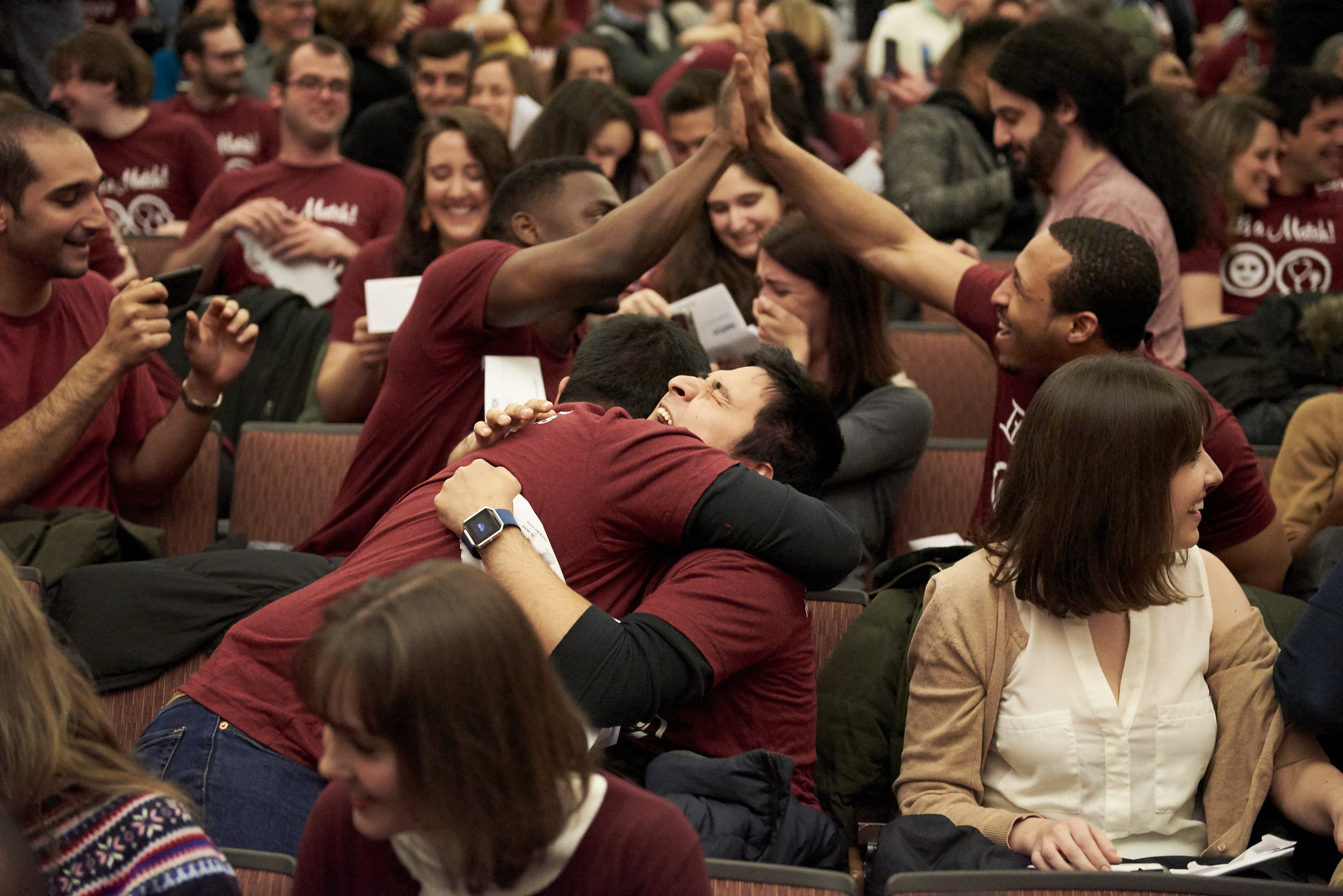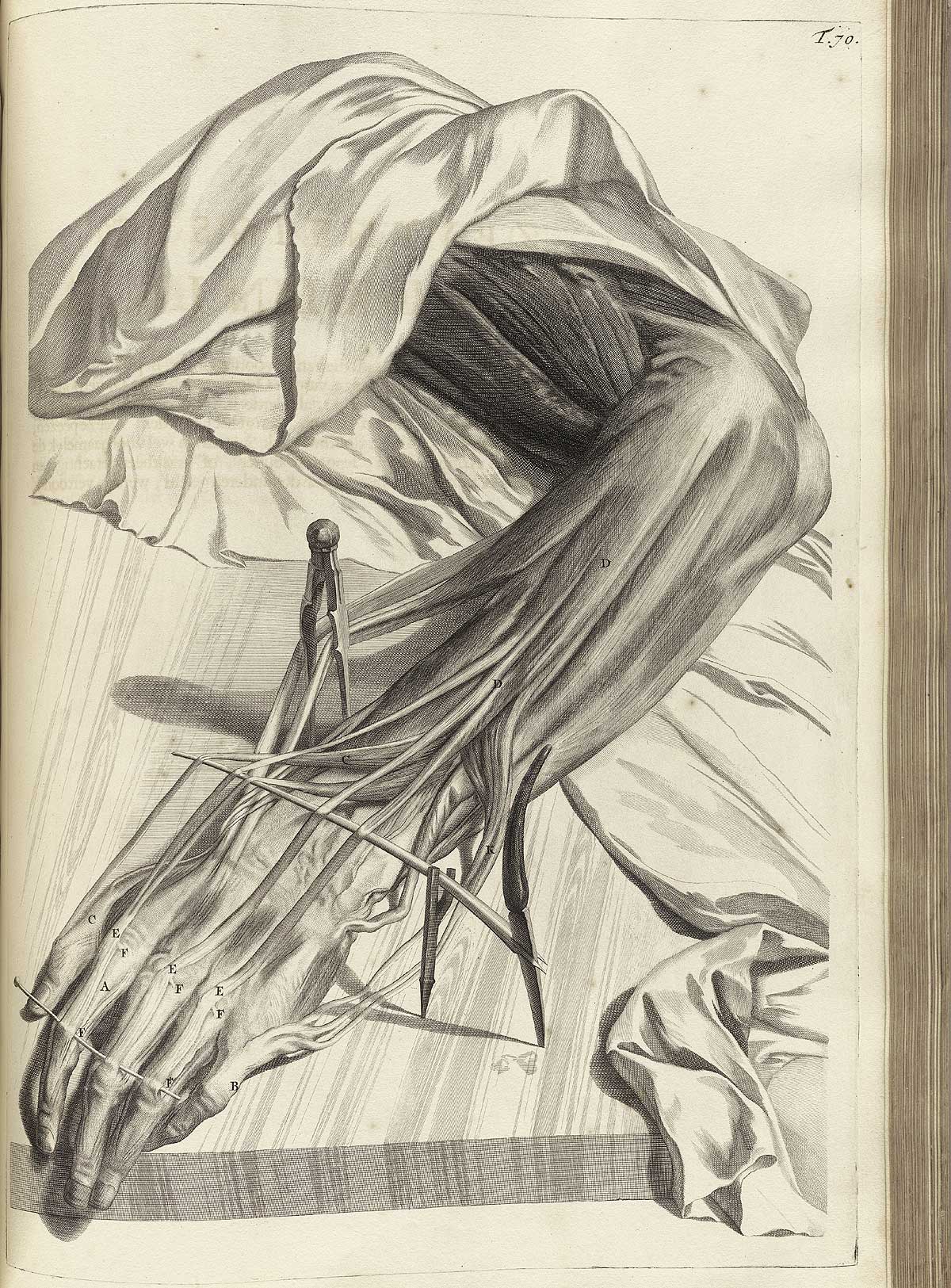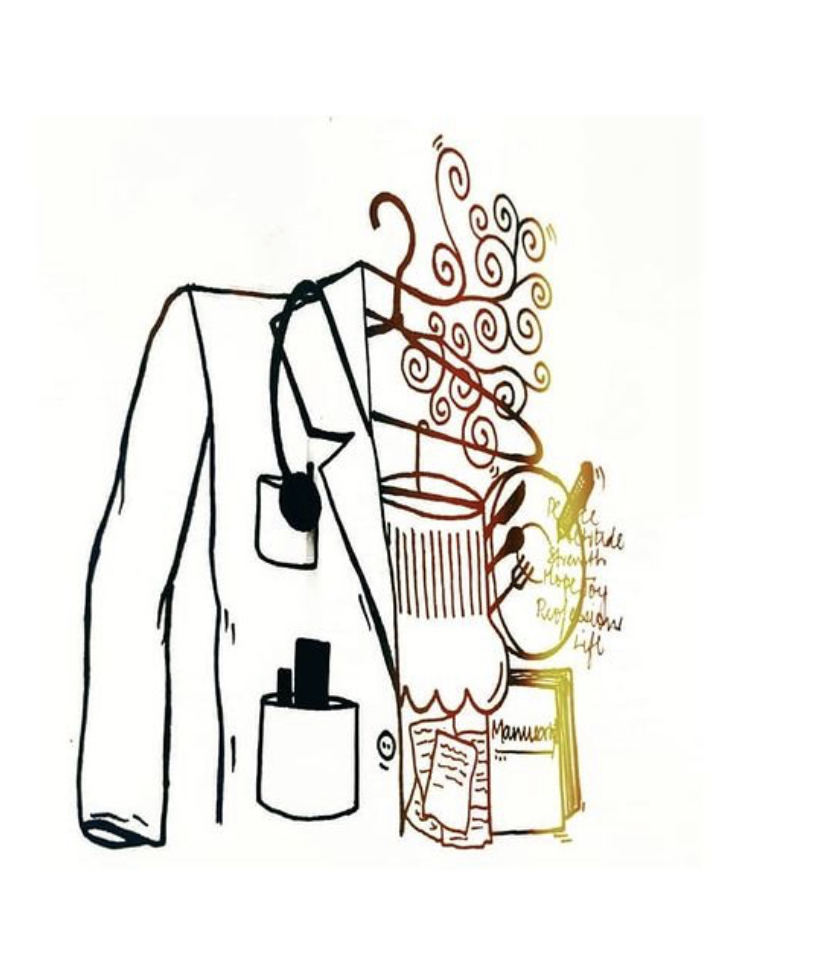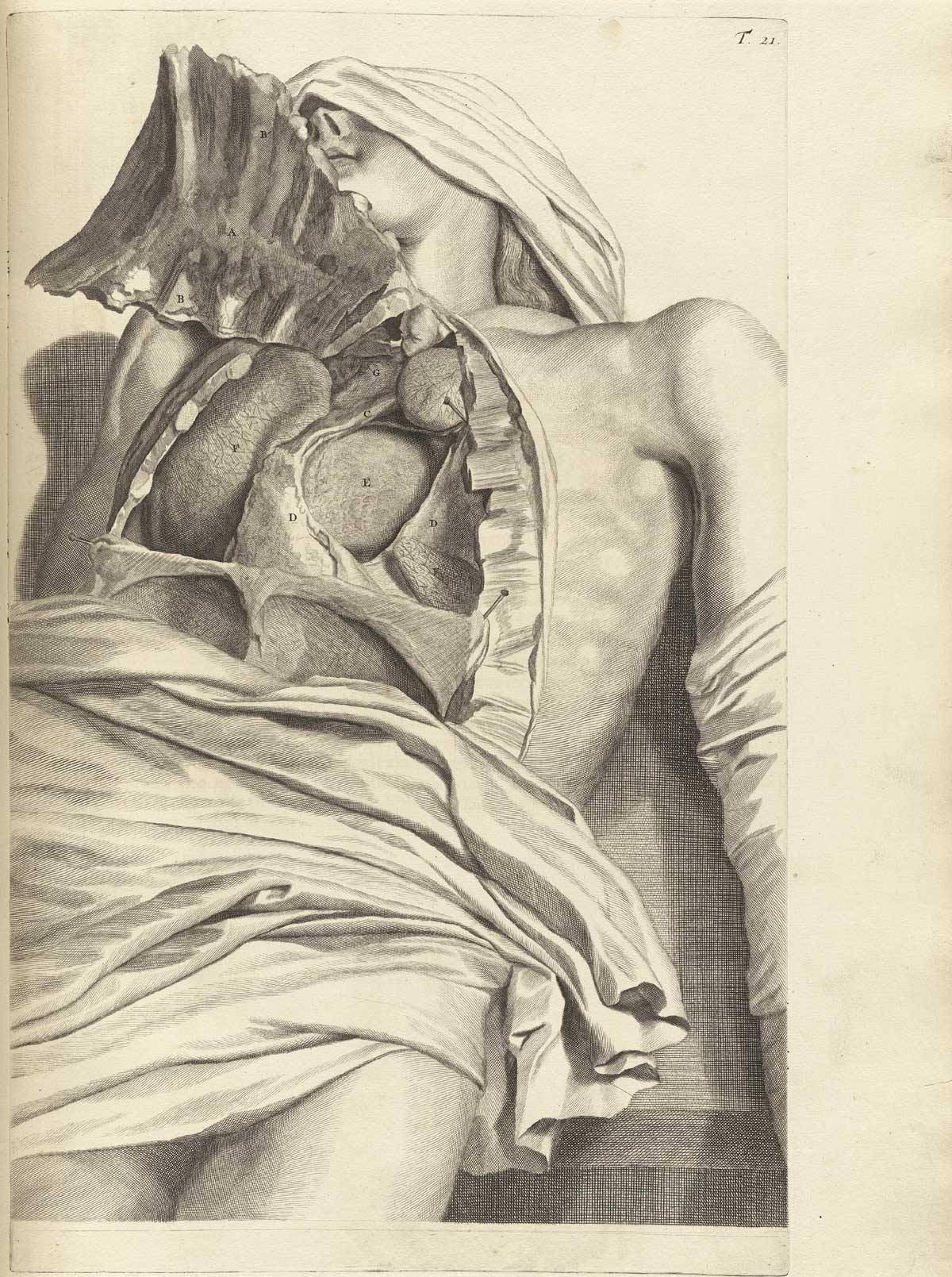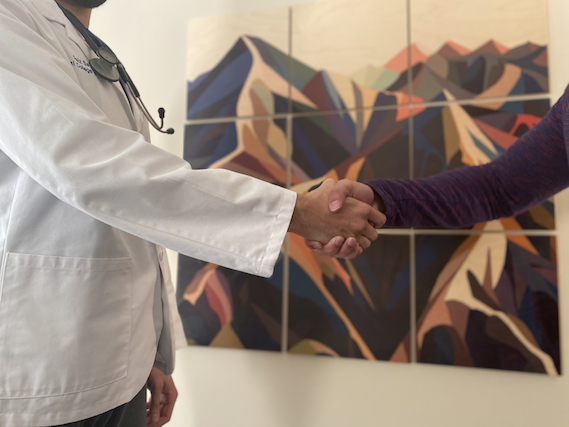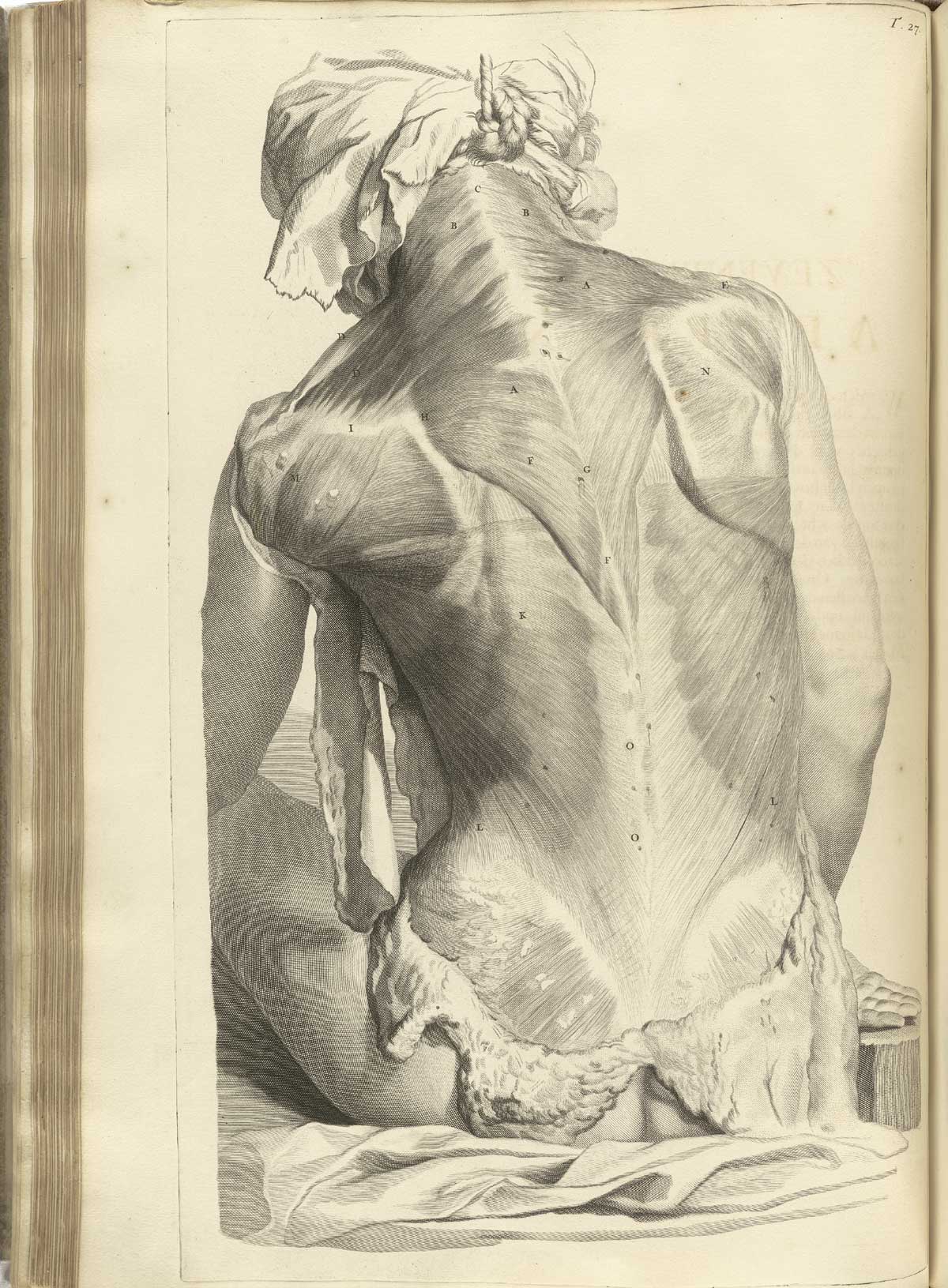Dissecting Anatomy Lab: The Final Disposition
Why would someone choose to donate their body to medical education? We have a dishonorable history in medicine of illicitly sourcing cadavers for dissection: robbing corpses from graves, murdering people for their bodies and salvaging the unclaimed dead from city hospitals and morgues. Today, we call the bodies we learn from “donors” instead of “cadavers” to honor their autonomy and personhood, their choice to be in the room.



